The department of Greek art, where you can see the splendid bust of Diocletian on the photo to the left, has reasonable dimensions – the other parts are immodestly big, and I wondered which museum had the largest archaeological collection: Istanbul or the Paris Louvre. I had not expected a museum of these dimensions, and was exhausted after visiting it three times in three days. And every object is splendid. It is, to paraphrase Truman Capote, like eating an entire box of chocolate liqueurs in one go.
Most departments of the museum close at five o’ clock, but the main building closes at seven. In the garden, between the ancient columns, tombstones, and sarcophagi, you can buy coffee, tea, and soft drinks. You will probably need them to survive this big, beautiful museum.
This museum was visited in 2008, 2012.
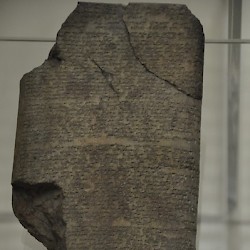 Hattusa, Letter of king Hattusilis III to king Kadashman-Enlil II of Babylonia
|
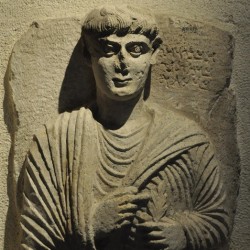 Palmyra, Tombstone of a man
|
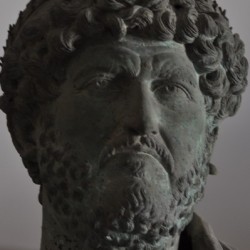 Adana, Portrait of Hadrian
|
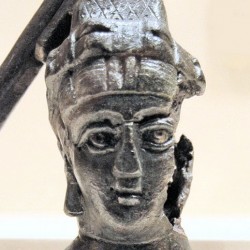 Aelia Eudocia II
|
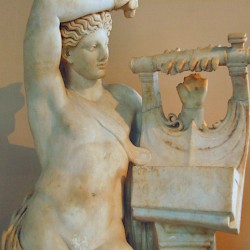 Miletus, Statue of Apollo
|
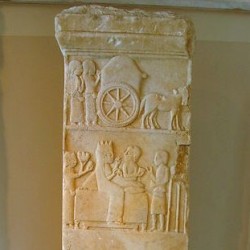 Dascylium, Short funerary stele
|
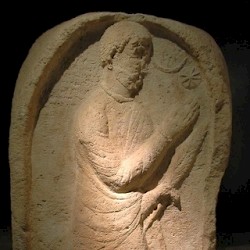 Aššur, Parthian stele of a worshipper
|
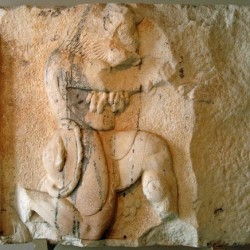 Samos, Heracles as archer
|
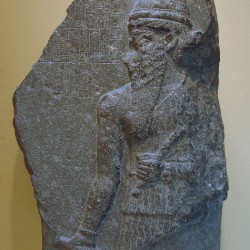 Amida, Relief of Naram-Sin
|
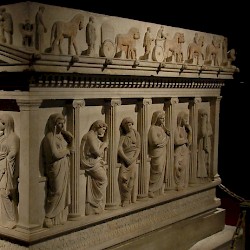 Sidon, Royal Tombs, Chamber 1, Sarcophagus of the mourning women
|
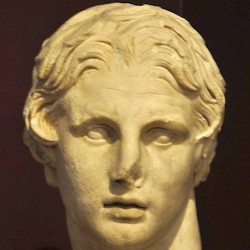 Pergamon, Portrait of Alexander the Great
|
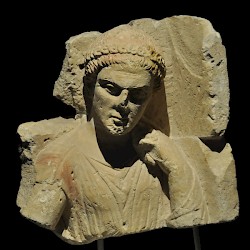 Hellenistic funeral stele
|
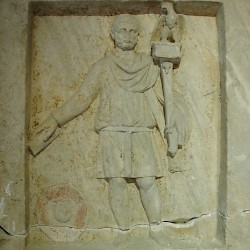 Constantinople, Forum of Theodosius, Tombstone of an aquilifer of II Adiutrix
|
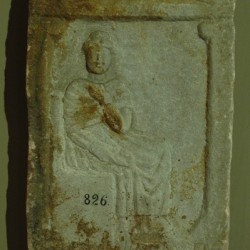 Alexandria near Issus, Roman tombstone
|
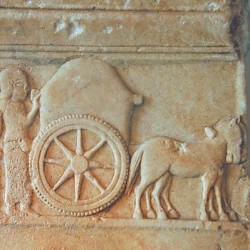 Dascylium, Short funerary stele: chariot
|
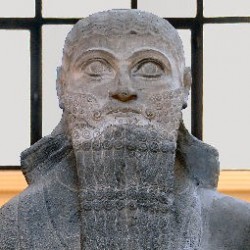 Aššur, Statue of Šalmaneser III
|
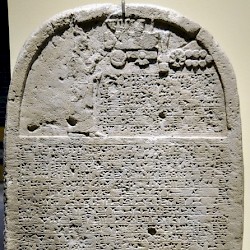 Nineveh, Stele of Sennacherib
|
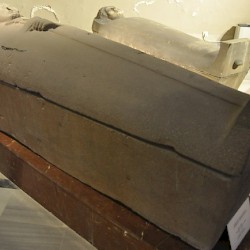 Sarcophagus from the Persian age
|
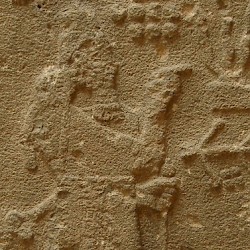 Saba'a, Relief of Adad-Nirari III
|
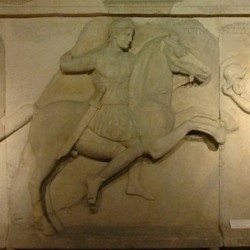 Perinthus, Relief of Micallus
|
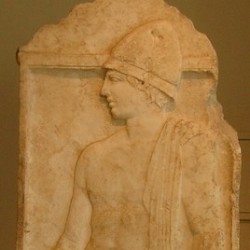 Pella, Tombstone of a Macedonian warrior
|
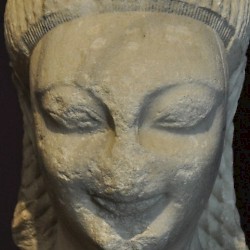 Samos, Head of a kouros
|
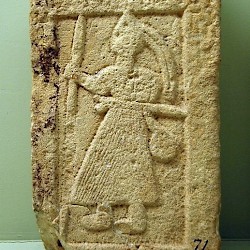 Yemen, Arab warrior
|
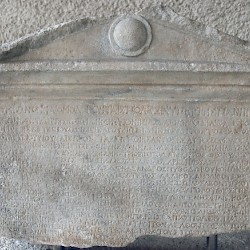 Troy VIII, Treaty between Troy and six other towns
|
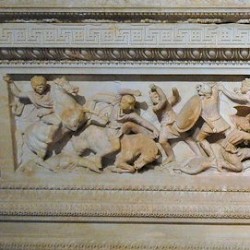 Sidon, Royal Tombs, Chamber 3, Sidon, Alexander Sarcophagus
|
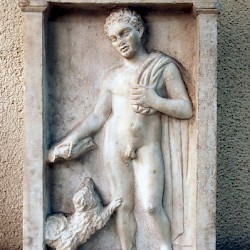 Constantinople, Tombstone of Menios
|
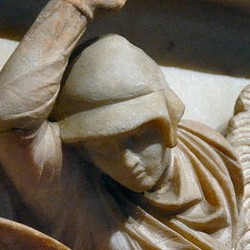 Sidon, Royal Tombs, Chamber 3, Alexander sarcophagus (09) Hephaestion
|
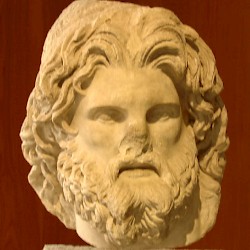 Troy VIII, Head of Zeus
|
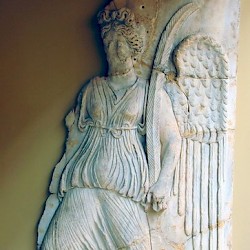 Constantinople, Sea Wall, Royal Gate, Marble decoration
|
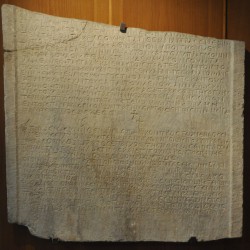 Abydus, Anastasius' passage law
|
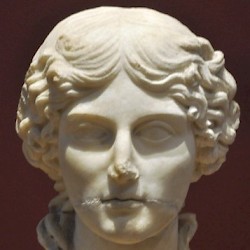 Pergamon, Portrait of Agrippina Maior
|
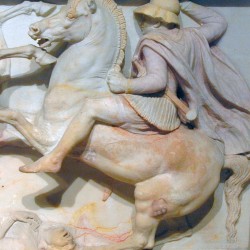 Sidon, Royal Tombs, Chamber 3, Alexander sarcophagus (11) (Perdiccas?)
|
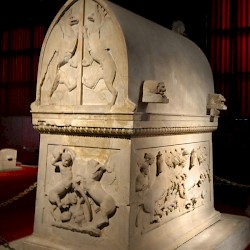 Sidon, Royal Tombs, Chamber 4, Lycian sarcophagus
|
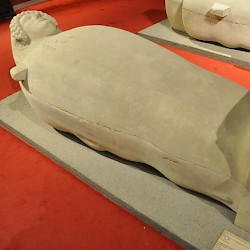 Sidon, Royal Tombs, Chamber 7, Greek-style sarcophagus
|
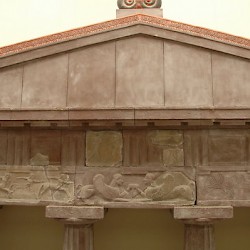 Assos, Temple of Athena, Façade
|
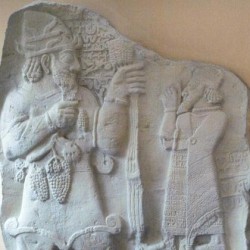 Ivriz, Relief of king Warpalas and the god Tarhunza
|
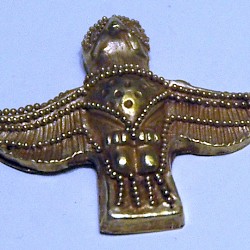 Ephesus, Archaic temple of Artemis, Gold falcon
|
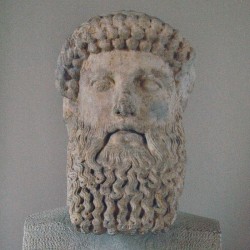 Tenedos, Head of Hermes (archaizing)
|
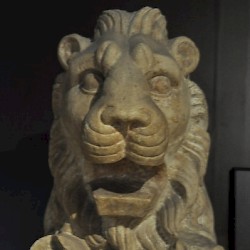 Baalbek, Temple of Jupiter, Lion
|
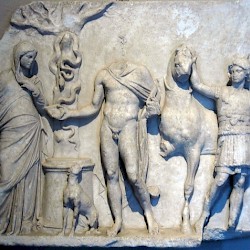 Pergamon, Relief of a hero
|
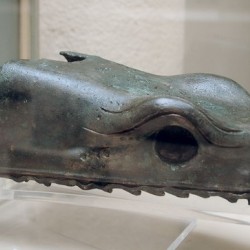 Snake head from the Greek victory monument in Delphi, later brought to Constantinople
|
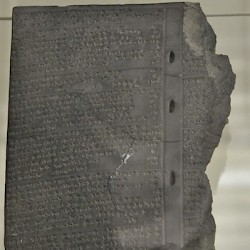 Hattusa, Hittite laws about personal damage
|
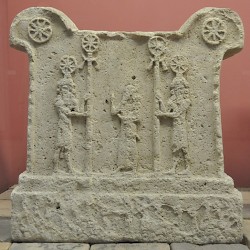 Aššur, Altar of Tikulti-Ninurta I
|
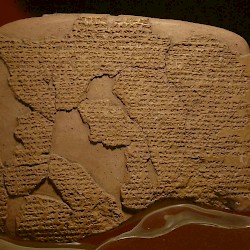 Hattusa, Kadesh Treaty
|
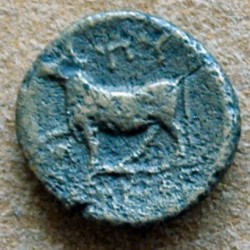 Coin of the Bosphorus
|
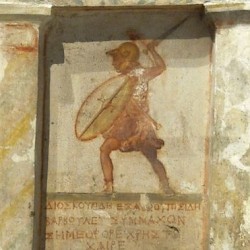 Sidon, Funerary stele of Dioscurides
|
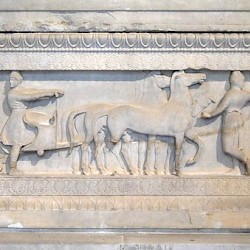 Sidon, Royal Tombs, Chamber 6, Sarcophagus of the satrap
|
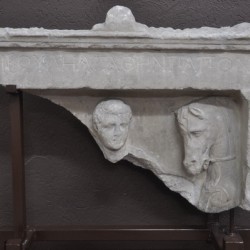 Abydus, Roman tombstone
|
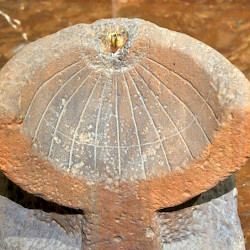 Mada'in Saleh, Sundial
|
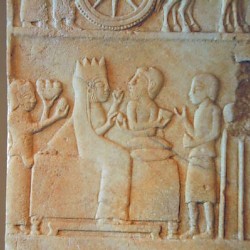 Dascylium, Short funerary stele: chariot: dinner scene
|
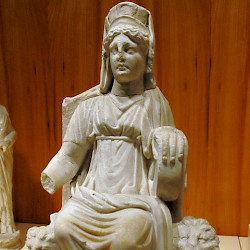 Nicaea, Statue of Cybele (Roman copy of a Hellenistic original)
|
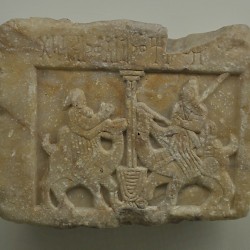 Yemenite relief of a woman and a man, seated on dromedaries, meeting at a well
|
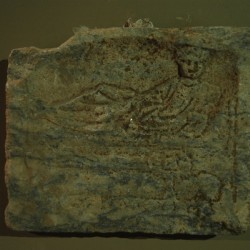 Alexandria near Issus, Roman tombstone
|
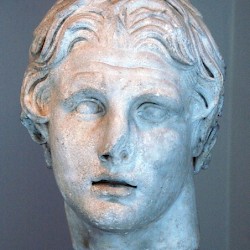 Lysippus' Alexander
|
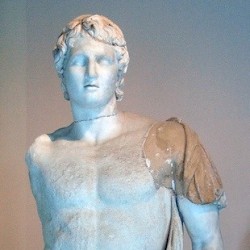 Alexander the Great
|
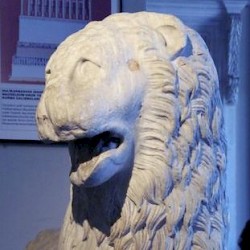 Halicarnassus, Mausoleum, Lion
|
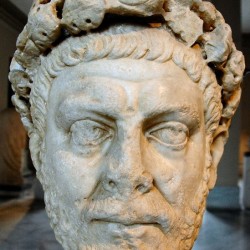 Nicomedia, Portrait of Diocletian
|
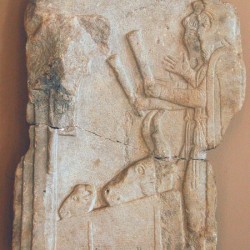 Dascylium, Relief of two Magians sacrificing a sheep and a bull
|
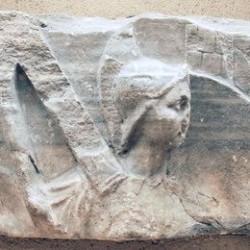 Constantinople, Forum of Theodosius, Relief with soldiers
|
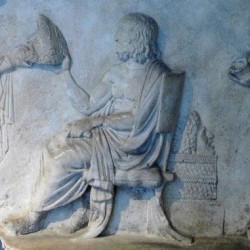 Smyrna, Relief with a tribute to Euripides
|
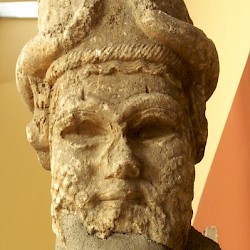 Aššur, Old Palace, Head of a lamassu
|
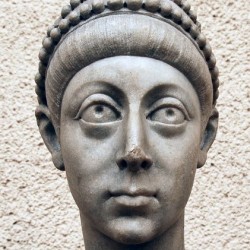 Constantinople, Forum of Theodosius, Arcadius
|
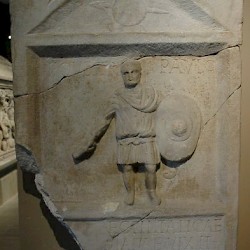 Perinthus, Tombstone of Paulus of III Italica
|
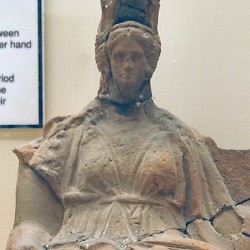 Troy IX, Figurine of Cybele
|
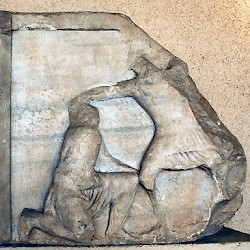 Troy VIII, Metope
|
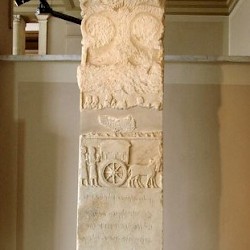 Dascylium, Long funerary stele
|
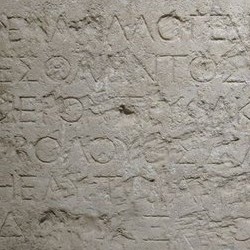 Jerusalem, Temple Inscription
|
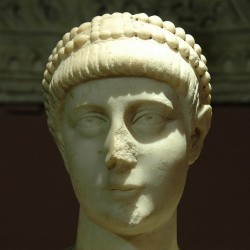 Aphrodisias, Valentinian II
|
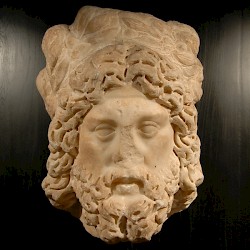 Perinthus, Portrait of Commodus
|
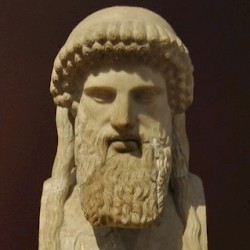 Pergamene copy of the Alcamenes herm
|
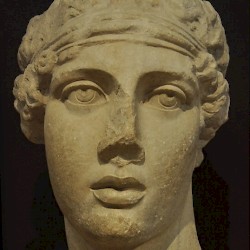 Smyrna, Sappho (Roman copy of a Hellenistic portrait)
|
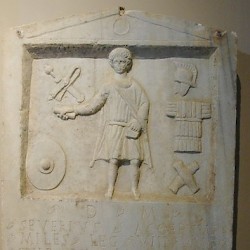 Chalcedon, Tombstone of Severius Acceptus of VIII Augusta
|
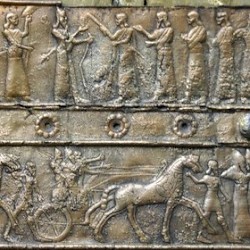 Aššur, Door plaques of Šalmaneser III
|
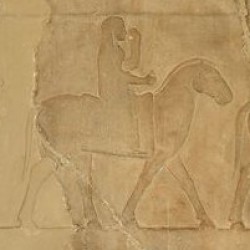 Dascylium, Frieze of women on horseback
|
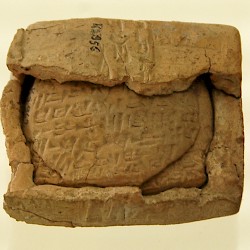 Kanesh, Letter (in an envelope) concerning silver debt
|
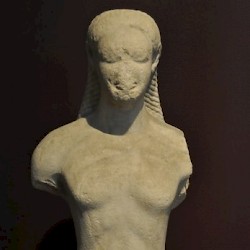 Cyzicus, Kouros
|
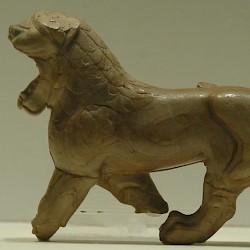 Ephesus, Archaic temple of Artemis, Ivory lion
|
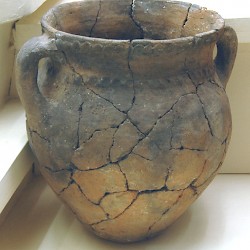 Troy VIIb, Pottery
|
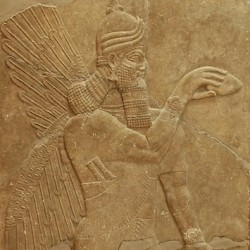 Nimrud, Northwest Palace of Aššurnasirpal II, Genie
|
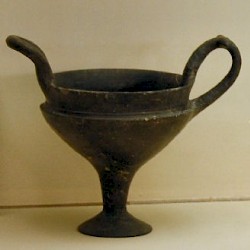 Troy VI, "Minaean" pottery
|
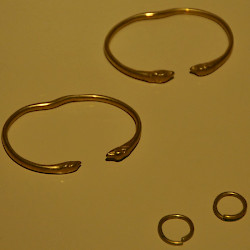 Bolu, Hidirsihlar tumulus, Galatian torques
|
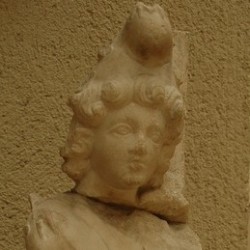 Constantinople, Forum of Theodosius, Orpheus
|
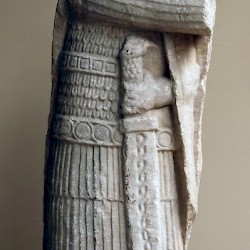 Constantinople, Golden Gate, statue of a tetrarch
|
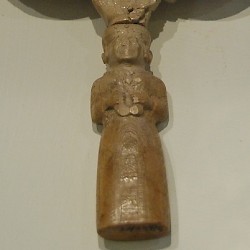 Ephesus, Archaic temple of Artemis, Ivory figurine of the goddess
|
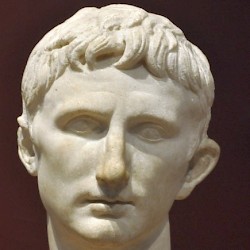 Pergamon, Portrait of Augustus
|
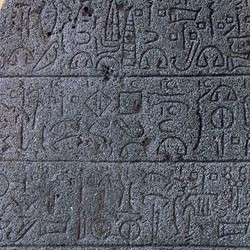 Bor, Relief of king Warpalas, inscription
|
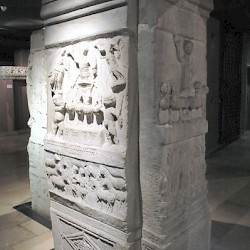 Hippodrome, Porphyrius Monument of the Greens
|
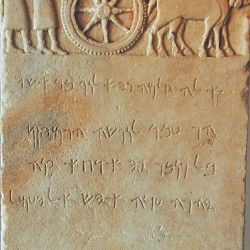 Dascylium, Long funerary stele, Inscription
|
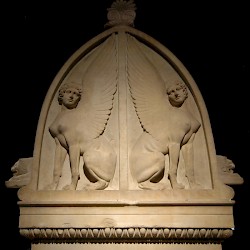 Sidon, Royal Tombs, Chamber 4, Lycian sarcophagus, Sphinxes
|
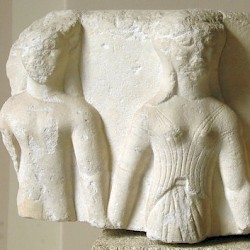 Cyzicus, Column drum
|
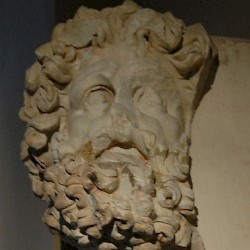 Didyma, Head of Zeus
|
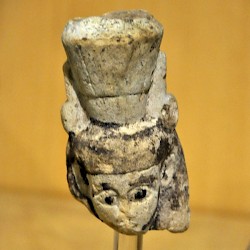 Sidon, Bustan esh-Sheikh, Egyptianizing head
|
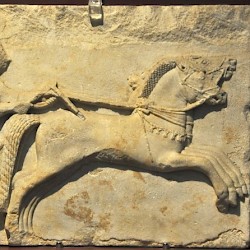 Cyzicus, Charioteer
|
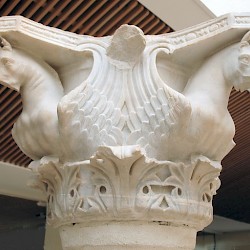 Hippodrome, Kathisma, capital
|
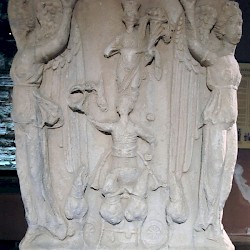 Hippodrome, Porphyrius Monument of the Blues
|
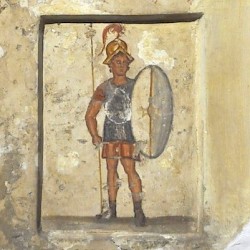 Sidon, Funerary stele of Salmamodes
|
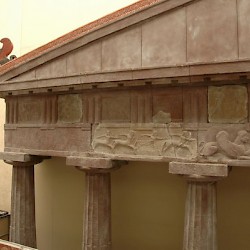 Assos, Temple of Athena, Façade
|
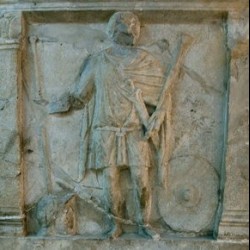 Constantinople, Forum of Theodosius, Tombstone of Aurelius Suro of I Adiutrix
|
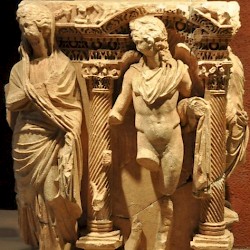 Nicomedia, Sarcophagus
|
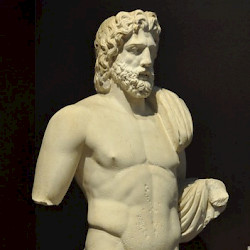 Byblos, Statue of Poseidon
|
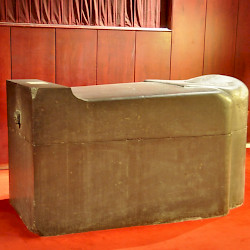 Sidon, Royal Tombs, Chamber 1, Egyptian-style sarcophagus
|
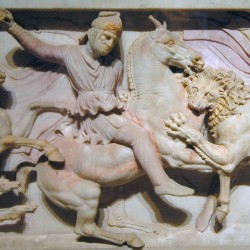 Sidon, Royal Tombs, Chamber 3, Alexander sarcophagus (18) (Abdalonymus)
|
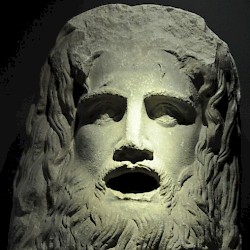 Nicomedia, Sea god
|
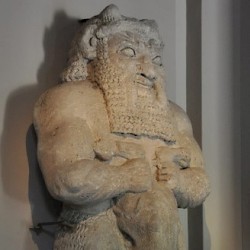 Roman statue of the Egyptian god Bes from Amathus
|
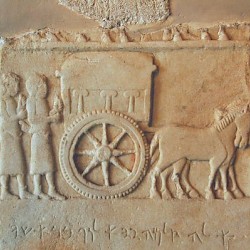 Dascylium, Long funerary stele, detail: chariot
|
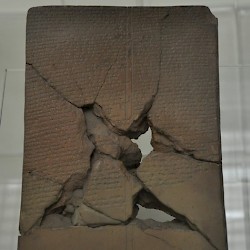 Hattusa, Deeds of Šuppililiuma
|
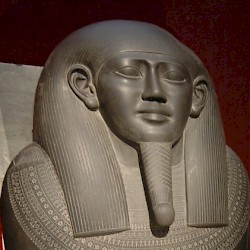 Sidon, Royal Tombs, Chamber 2, Sarcophagus of Tabnit
|
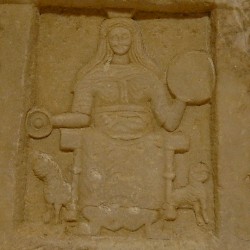 Kallipolis, Relief of Cybele
|
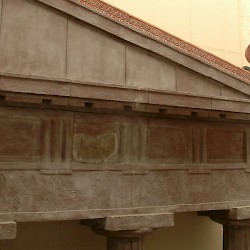 Assos, Temple of Athena, Façade
|
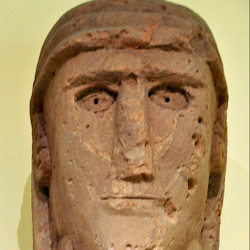 Mada'in Saleh, Head of a man
|
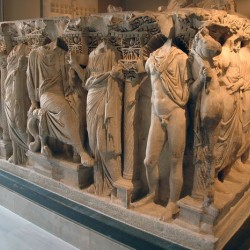 Seleucia in Pieria, Sarcophagus with the Dioscuri
|
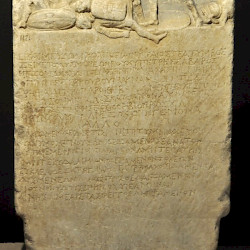 Nicaea, Funerary relief of Menas
|
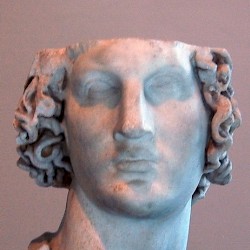 Alexander the Great
|
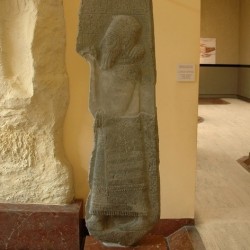 Bor, Relief of king Warpalas
|
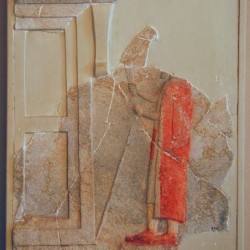 Dascylium, Relief of a Magian venerating the fire
|
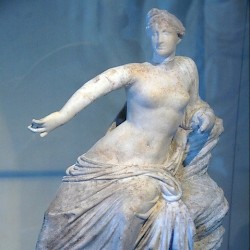 Priene, Aphrodite
|
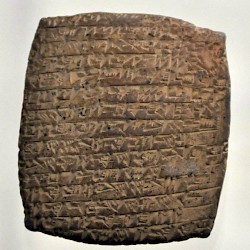 Kanesh, Account of a caravan
|
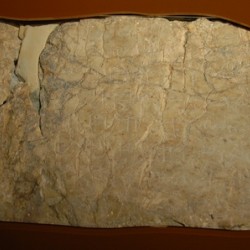 Jerusalem, Siloam Inscription
|
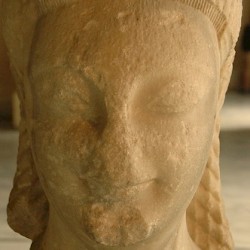 Samos, Head of a kouros
|
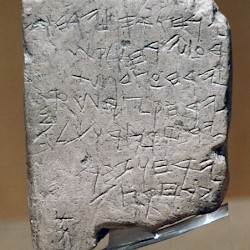 The Gezer Calendar
|
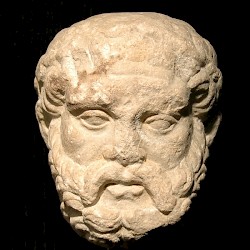 Perinthus, Portrait of a man
|
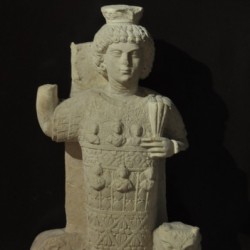 Palmyra, Jupiter Heliopolitanus
|
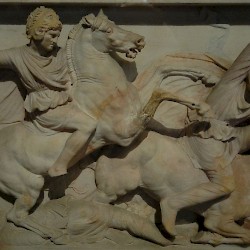 Sidon, Royal Tombs, Chamber 3, Alexander sarcophagus (02) Alexander
|
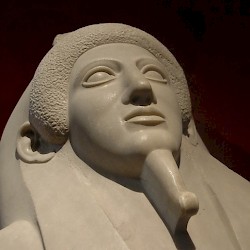 Sidon, Royal Tombs, Chamber 2, Mixed Egyptian-Greek-style sarcophagus
|
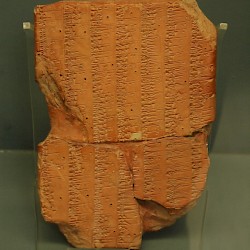 Aššur, Syllabilary with old and new cuneiform signs
|
|
|
|




























































































































